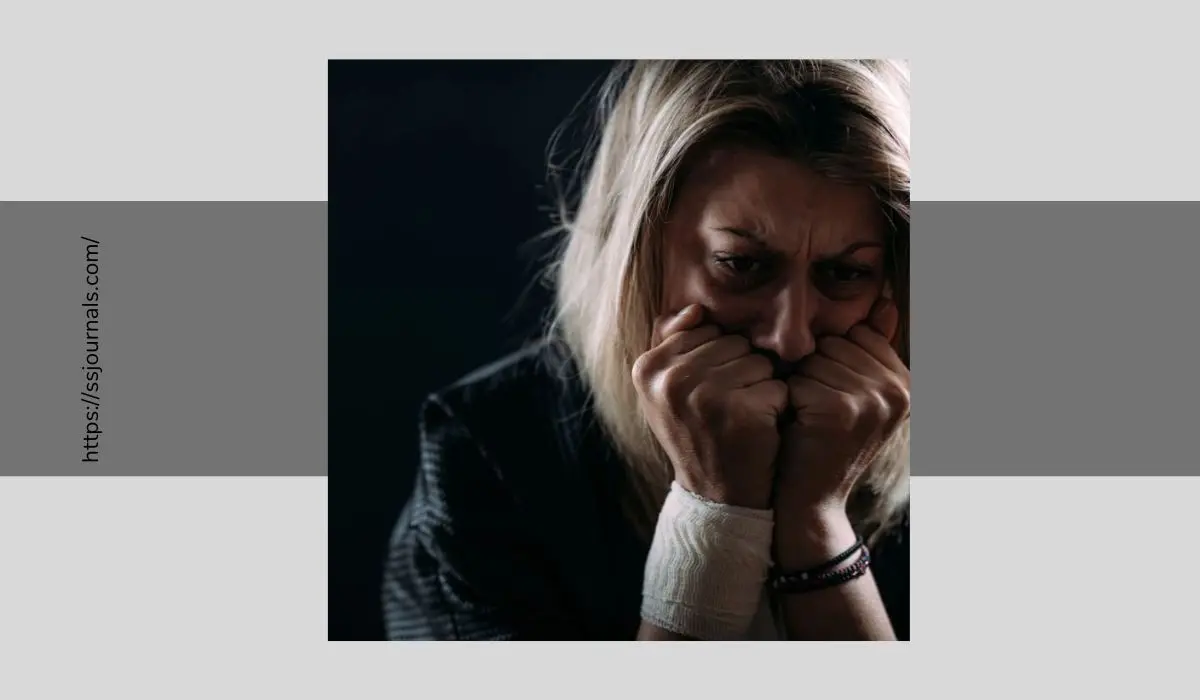Complex post-traumatic stress disorder (CPTSD) is a chronic condition that can develop after prolonged, repeated trauma. It often arises from traumatic events that occurred during childhood and in situations where escape is difficult like abuse, domestic violence, captivity, and war.
Diagnosing Complex PTSD: 17 Symptoms
CPTSD involves all the standard PTSD symptoms like flashbacks, hypervigilance, and nightmares. However, complex PTSD also includes additional symptoms that reflect the pervasive impact prolonged trauma has on self-concept, relationships, and systems of meaning.

In this guide, we will examine the 17 hallmark symptoms used to identify CPTSD and how they manifest. Understanding the wide constellation of complex PTSD signs can aid more accurate diagnosis and tailored treatment plans.
1. Emotional Regulation Difficulties
The first major sign of CPTSD is problems regulating emotions. Sufferers often experience:
These reflect dysfunction in the limbic system of the brain which handles threat response and emotion. With CPTSD, the limbic system gets stuck in overdrive with impaired breaks. This causes emotion control issues.
2. Negative Self-Concept
People with complex PTSD tend to harbor extremely negative beliefs about themselves. They may feel:
This reflects the cognitive distortions trauma causes in relation to self-worth and self-concept.
3. Dissociation
Those with CPTSD often experience:
This reflects coping mechanisms the psyche develops to manage overwhelming trauma. It stems from disorganized attachment patterns.
4. Disturbed Sense of Safety
People with CPTSD struggle with:
Prolonged trauma shapes schemas about the world as an unsafe, unpredictable place unable to provide protection.
5. Shame and Guilt
Chronic shame and guilt often plague complex PTSD sufferers including:
This reflects cognitive distortions trauma engenders about self-blame, stigma, and defects.
6. Attachment Issues
Many complex PTSD survivors struggle to form secure attachments. They may:
Early childhood attachment breakdowns often underlie these relationship difficulties.
7. Interpersonal Conflicts
Ongoing conflicts in relationships are common such as:
These relationship friction patterns reflect impaired social cognition from developmental trauma.
8. Somatization
Many people with CPTSD suffer somatic disorders including:
Somatization represents the body holding emotional and physiological distress.
9. Changes in Meaning
Trauma also shatters fundamental schemas of meaning such as:
Profound loss of meaning reflects deep existential wounds from trauma.
10. Negativity Bias
Those with complex PTSD display:
This engrained cognitive bias toward the negative reflects adaptive changes to spot danger. But it becomes maladaptive when over-generalized.
11. Emotional Flashbacks
Intrusive memories are common such as:
These reflect the brain’s failure to integrate and process traumatic events properly.
12. Toxic Shame
Shame often forms the core of CPTSD including:
Chronic shame reflects the most visceral, painful impacts trauma leaves.
13. Self-Destructiveness
Those with CPTSD frequently engage in self-destructive behaviors like:
This reflects impulse control problems and trying to manage distress through maladaptive means.
14. Loss of Interests
Many people with complex PTSD lose motivation and interest:
Diminished interest and pleasure signals psychological numbing from trauma overload.
15. Detachment from Self and Body
Those with CPTSD often feel detached from themselves, manifesting as:
Dissociation produces these profoundly disturbing symptoms of disconnection.
16. Hypervigilance and Paranoia
CPTSD involves extreme wariness such as:
Perceiving danger everywhere develops as a protective adaptation but becomes dysfunctional when over-generalized.
17. Sleep Disturbances
Sleep disruption is common with complex PTSD including:
Underlying biology, anxiety, dissociation, and re-experiencing trauma all impair restorative sleep.
Summary
complex PTSD comprises a wide array of symptoms reflecting the psychological, interpersonal, somatic, and meaning-making impacts of chronic trauma.
Understanding the nuances of CPTSD presentation allows for more accurate identification and tailored treatment approaches to address both trauma symptoms and disrupted developmental processes.

